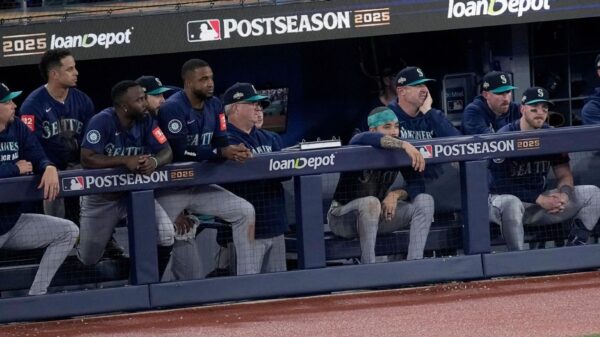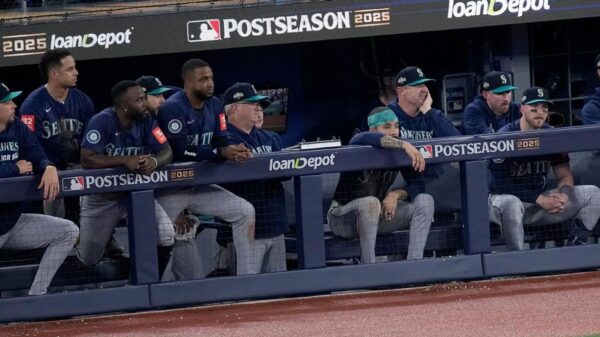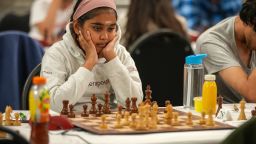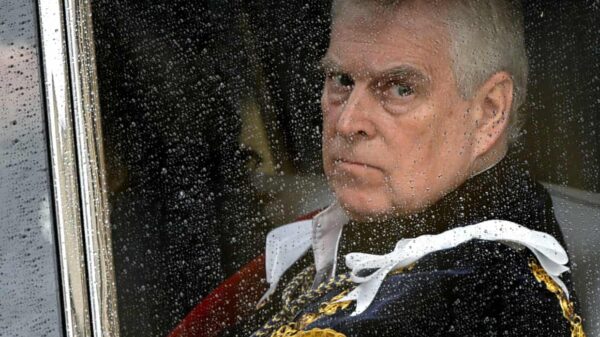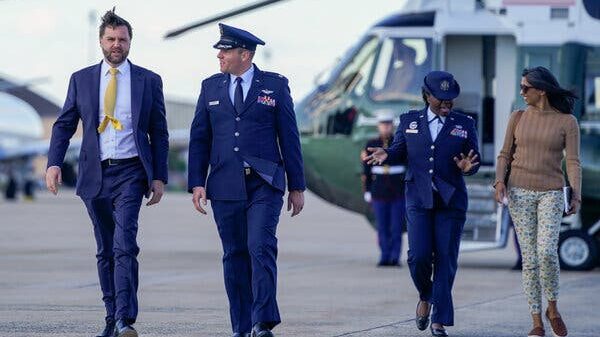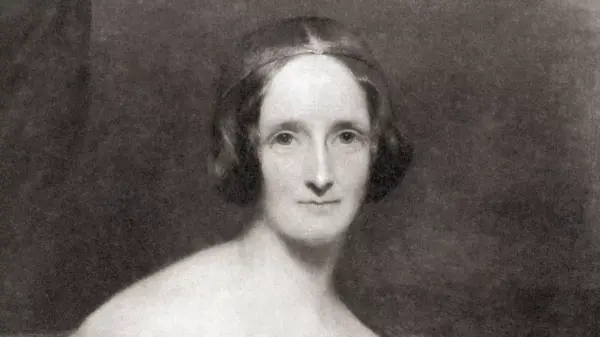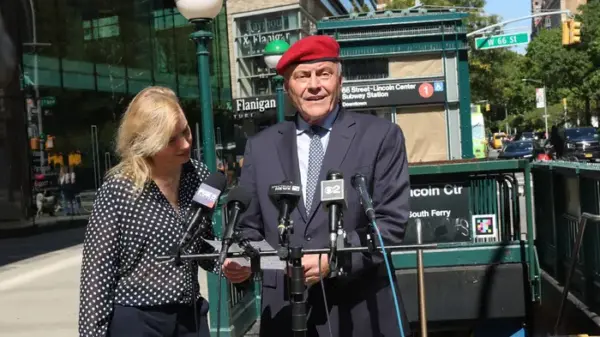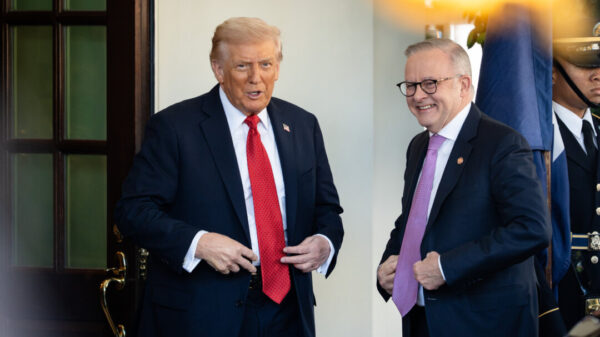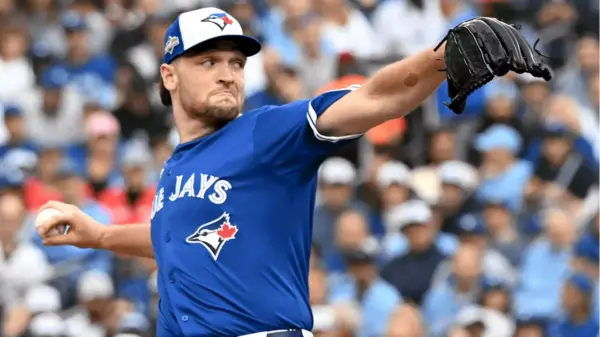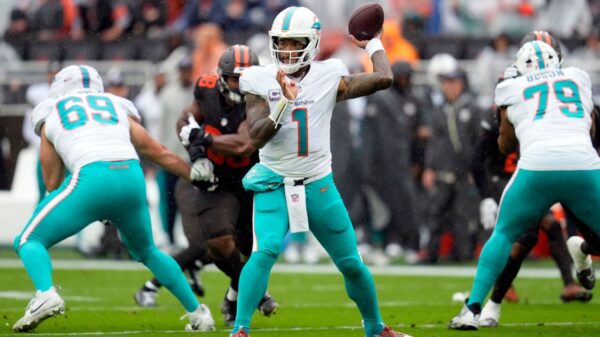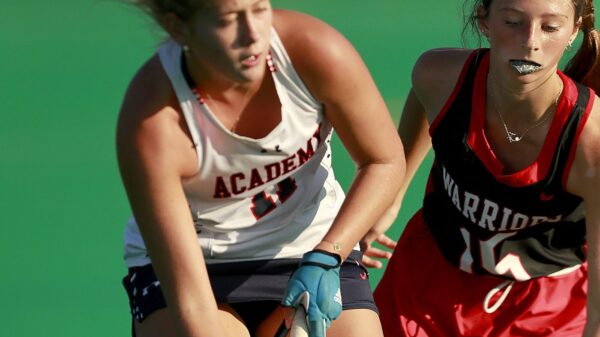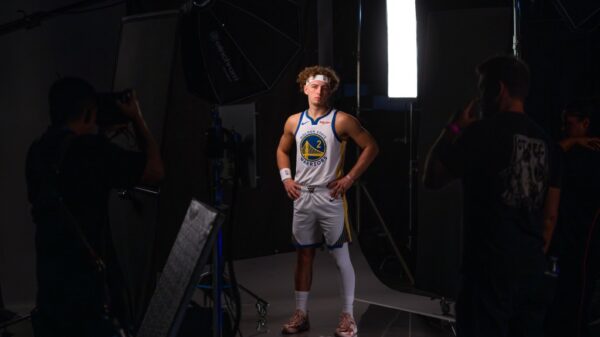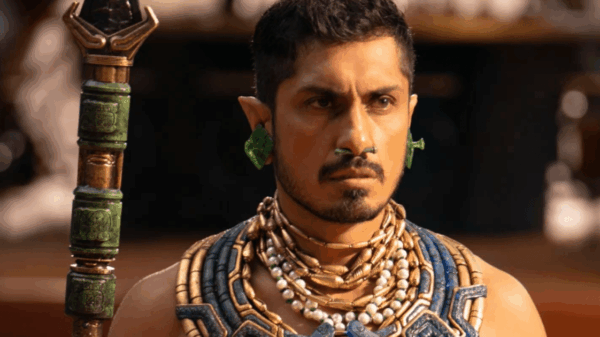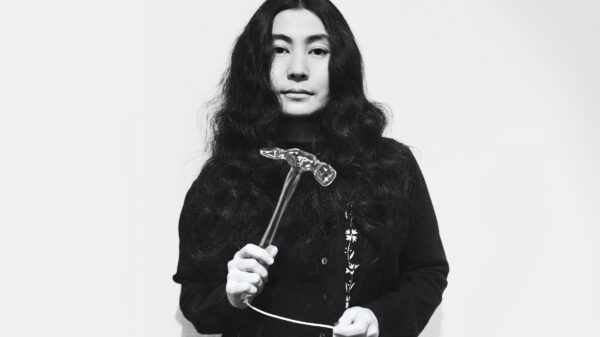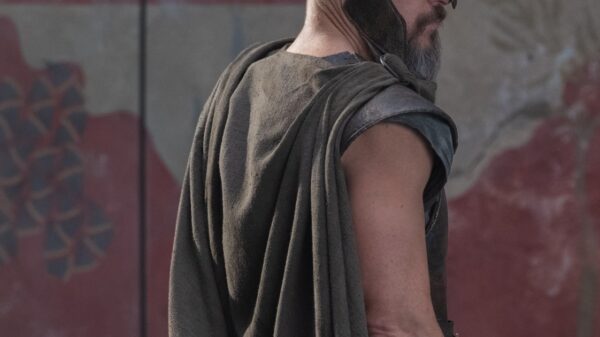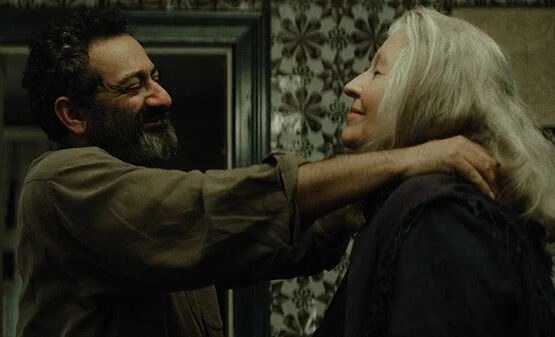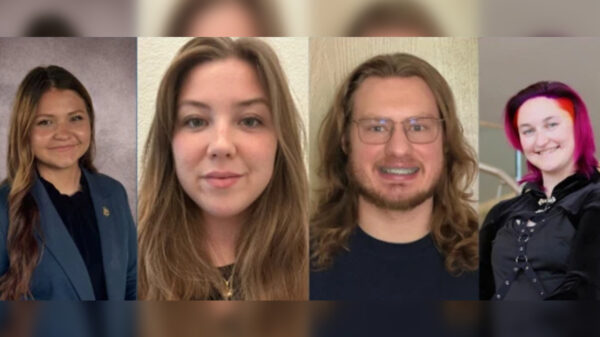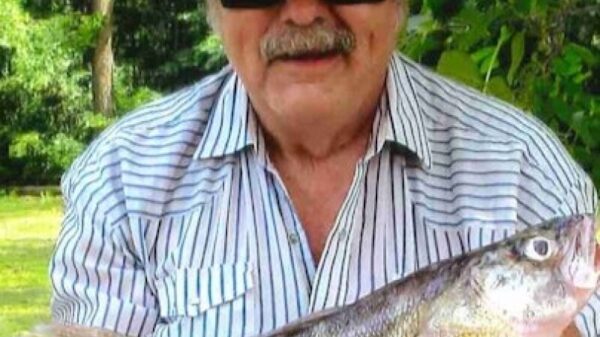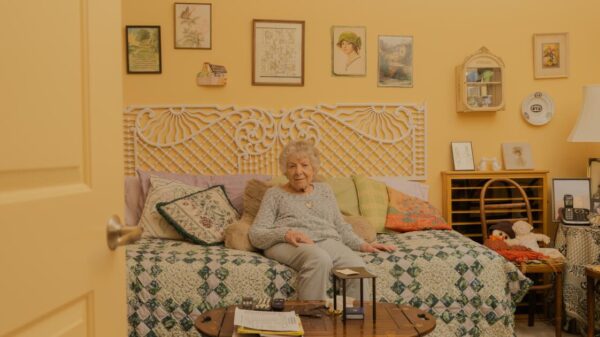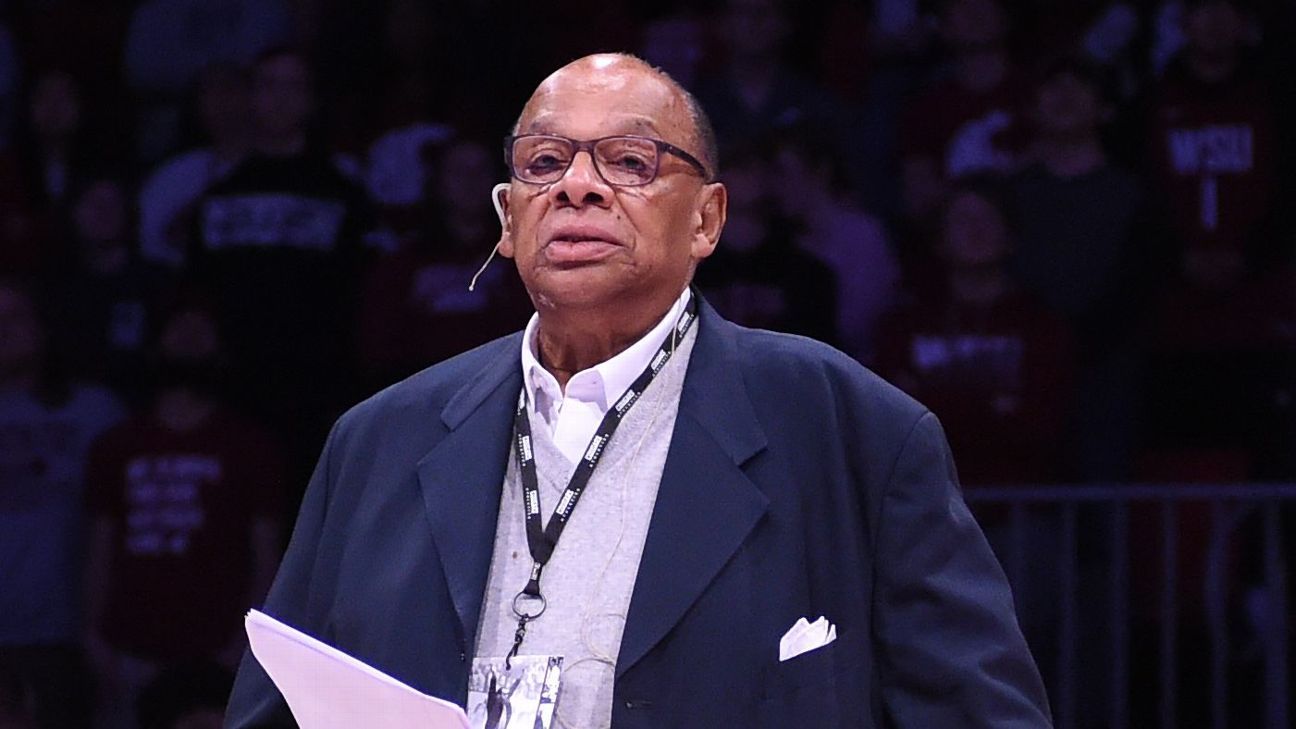George Raveling, a celebrated Hall of Fame basketball coach, has died at the age of 88. His family announced the news on Tuesday, revealing that Raveling had “faced cancer with courage and grace.” They expressed their sorrow, saying, “There are no words to fully capture what George meant to his family, friends, colleagues, former players, and assistants — and to the world.”
Raveling’s impact on basketball and beyond was profound. Inducted into the Naismith Memorial Basketball Hall of Fame in 2015, he compiled a career coaching record of 335-293 during his tenure from 1972 to 1994 at Washington State, Iowa, and the University of Southern California (USC). Notably, he struggled in his first season at each school but quickly turned the programs around, leading them to multiple NCAA tournament appearances. His success earned him a spot on the U.S. Olympic basketball teams in 1984 and 1988.
During the 1984 Olympic Games in Los Angeles, Raveling played a key role in Michael Jordan’s career by introducing him to Nike executive Sonny Vaccaro. This connection ultimately led to a groundbreaking endorsement deal that established Jordan’s brand and reshaped the athletic apparel industry.
Raveling’s life story is not solely defined by his achievements on the court. He also held a significant piece of American history in his possession. While working security at the 1963 March on Washington, he obtained the original copy of the “I Have a Dream” speech from Martin Luther King Jr.. Raveling kept this historic document until 2021, when he donated it to his alma mater, Villanova University.
Born in 1937, Raveling played basketball at Villanova from 1957 to 1960, averaging 12.3 points and 14.6 rebounds over his final two seasons. He was drafted in the eighth round by the Philadelphia Warriors in 1960 but did not play in the NBA.
His contributions to the sport and his character were highlighted by fellow coach Jay Wright, who led Villanova to national championships in 2016 and 2018. Wright described Raveling as “the finest human being, inspiring mentor, most loyal alum and a thoughtful loving friend,” adding, “Coach Raveling lived his life for others.”
Raveling’s resilience was evident following a serious car accident in 1994 while coaching at USC, which left him with multiple broken ribs, a fractured collarbone, and a broken pelvis. Despite these challenges, he continued to influence countless players and coaches throughout his life.
His legacy will endure through the many lives he transformed, and he will be deeply missed by all who knew him.

